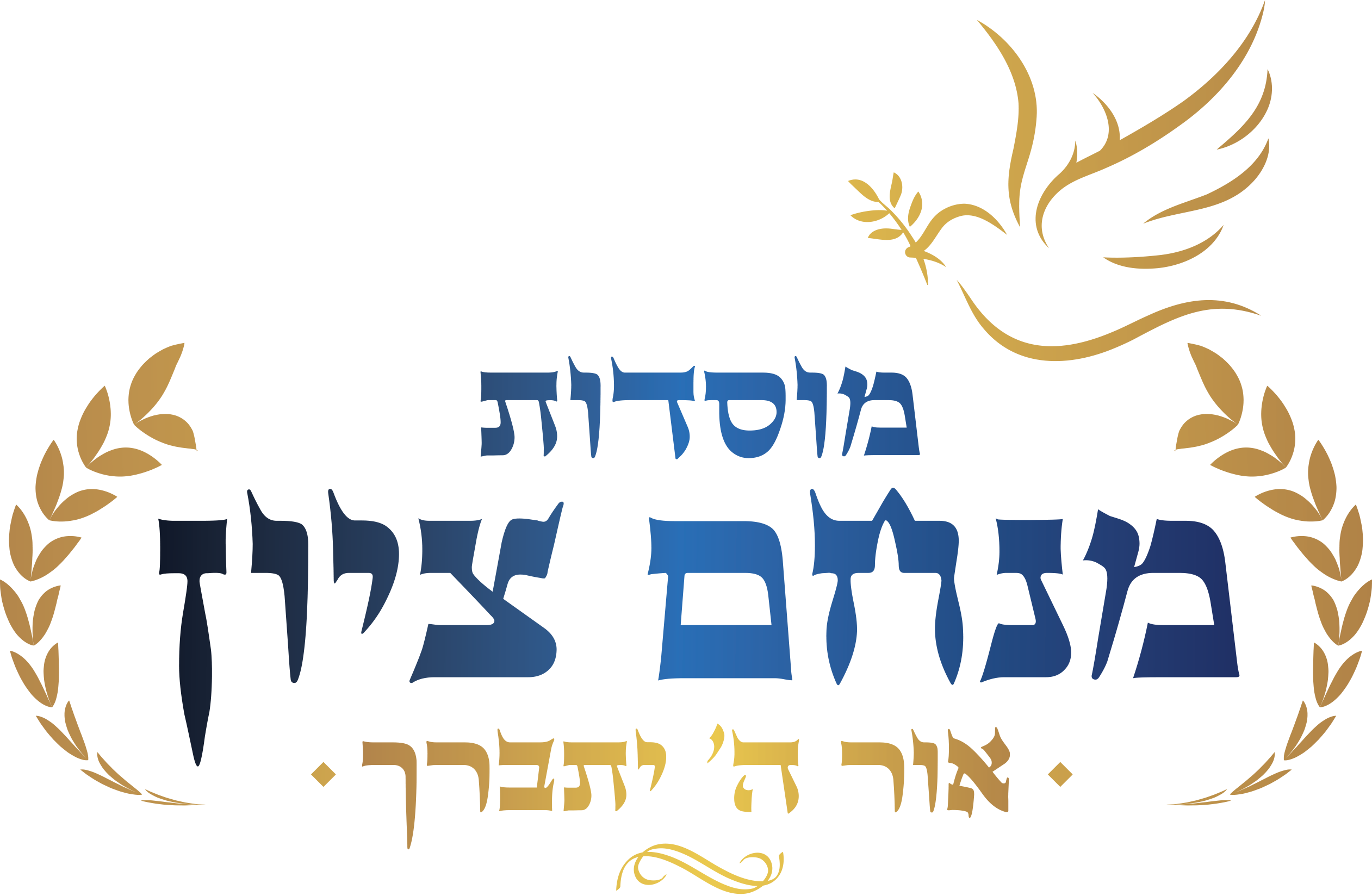The Arizal of blessed memory warns about anger more than all other transgressions noted in the Torah.
It is obvious to us all that anger damages the soul, and has no usefulness. Nonetheless, we become angered by various situations: anger at someone who pushed into the line in front of us, anger at a child who does not obey, and so on.
Tractate Shabbat 105 states: ” Rabbi Shimon ben Elazar says, relating to Hilfa Bar Agra, who related to Rabbi Yochanan ben Nuri: one who rips their clothes in anger, and who smashes their vessels in anger, and throws coins about in anger, should be viewed by you as an idolator; this is the nature of the evil inclination: one it tells the person to do this, and the next day, to do that. Until eventually it says: worship that which is foreign; and the person does. Rabbi Abin said: ‘Do not have a foreign god within you nor prostrate to a foreign god:’ What foreign god does a person hold within the body? The evil inclination.”
We further find: Thus it appears in the Holy Zohar (Bereshit – Genesis – 27:2 and Korah 179a): “All who anger, it is as though that one is worshipping idolatry.”
In Tractate Pesachim 66 we find various additional deficiencies and losses incurred by the transgression of anger: “Resh Lakish said: One who angers, if that one is wise, the wisdom departs; if that one is a Prophet, prophecy departs. (We infer) concerning the wise one whose wisdom departs – from Moshe. As is written: ‘And Moses was angry with the officers of the army’ etc. And as is written: And Elazar the Priest spoke to the men of the army who came to war: this is the statute of Torah which G-d has commanded Moshe, etc. ‘I shall withdraw from Moshe.’ (ie: Elazar spoke in Moses’ stead).
And if a Prophet, prophecy departs – (we infer this) from Elisha, as is written (2 Kings 3:14): Were it not that I respect the presence of Yehoshophat the King of Yehudah, I would not look toward you, nor see you, etc.; and as is written (2 Kings 3:15): ‘But now bring me a minstrel,’ and when the minstrel played, the hand of the Lord came upon him.”
Rabbi Mani bar Patish said: One who angers, even if blessed with greatness from heaven, (has that greatness) withdrawn. Where (do we understand this) from? From Eliav, as is written (1 Samuel 17:28): “…and Eliav’s anger was lit against David, and he said: ‘Why have you come down? And with whom have you left those few sheep in the wilderness? I know your presumptuousness, and the mischief of your heart, and that you have come to enjoy watching the battle.’ ‘And Samuel went to count them all,” ie: this one is not who G-d has chosen; and of Eliav it says: “And G-d said to Samuel: ‘Do not look at his face or at his height of stature, because I have rejected him’ – Initially I chose him but have overridden that choice (of Eliav as king) because of his anger.”
The Severity of the Transgression
A person who, due to rage, breaks vessels or damages another is called an idolater, and literally destroys worlds.
Such a person defiles the holiness of soul and body, and instead enables “a different soul” sourced in evil and driven by impurity to take hold.
As such, the person becomes a rebel against the Shechinah,
The matter is so severe that even a person who only speaks with an angry person is tainted by the angry person’s impurity.
Of course one who connects with an angry person is considered as having connected with idolatry, since idolatry is within the angry person’s very soul.
How do we rectify this transgression and restore the soul’s purity?
Before conducting any Tikkun it is important to set reaching the ability to overcome anger as our spiritual ladder, through prayer to G-d to for mercy on our souls and by learning ethics (Musar) and Torah.
Next, we must conduct the following Tikkun:
- The person who succumbs to anger will immerse 151 in the mikveh, 151 being the numerical value of “ka’as” (anger). If this is not possible, 16 immersions (being the compacted numerical value) are allowed.
BEFORE immersing, the person will ritually wash their hands and say the following verses:
“Lev tahor bara li Elohim v’ruakh nakhon khadash b’kirbi” 17 times.
“Vi’yhi no’am Adonai Elohenu” 10 times.
Then the person will immerse in a kosher mikveh or a well (with flowing water). - Gathering the fringes of Tzitzit: when a man steps out of the mikveh, he will collect all four corners of the Tzitzit; a woman immersing due to anger is obviously exempt from this step.
The man will draw them to his chest and direct his thoughts to softening the judgment by the merciful lights of the numerical value of “Ka’as” (151).
- It is important to note that even if a person does not fully understand how this atones, her or his thoughts must be directed in this way.
- Once the Tzitziyot are collected together in this way, the portion of Pinhas must be recited
and 9 more enabling verses: - Standing at the edge of the mikveh, she or he must say: “L’shem yikhood kudshah brikh hu u’Shekhinteh, hareini mookhan lomar yod-gimmel psukei rakhamim.”
Then the person will say the following word by word: “Mi El kamokhah noseh avon v’ovver al pesha” 3 times.
Then repeat “Lev tahor bara li Elohim v’ruakh nakhon khadash b’kirbi” 151 times, being the enumerated value of “Ka’as” (anger).
Thereafter the person will say “Vi’yhi no’am Adonai Elohenu” 151 times.
- The person should then go to the Beit Knesset and light a candle in front of the Aron HaKodesh (Holy Ark) and then circle the Ark 7 times, each time saying relevant verses.
- When the entire Tikkun is complete, the person should give charity to his best ability. The Ben Ish Hai recommends NIS. 180, being NIS. 18 (for ‘life’ – khai) x10. Of course if the person is able to give more, that contains its own blessing.
Then the person will repeat the verse “L’shem yikhood kudshah brikh hu u’Shekhinteh, hareini mookhan lomar yod-gimmel psukei rakhamim” and have firmly in mind that the charity will redeem what suffering would have been incurred by the transgression of anger.
We end with the way Rabi ended the Six Books of Mishna, at the end of Tractate Oktzin: For G-d found no vessel that holds blessings other than Peace.
May it be G-d’s will that our souls and bodies will be rectified, so that we merit full redemption as speedily as possible in our times, Amen.


